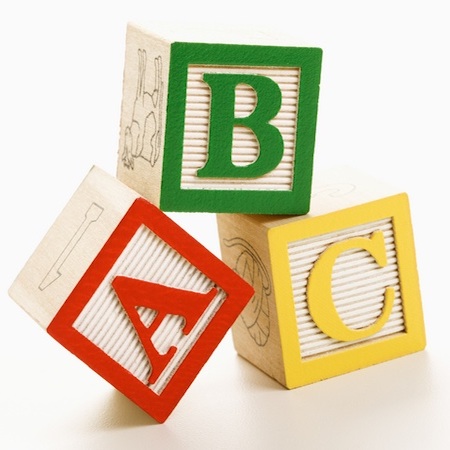Grasping the Gospel today goes to the 5th Gospel word component: ‘Righteousness’ and its parallel term – ‘Justice’. This message involves a technical word study before getting to what it means and celebrating its Gospel value.
Once you have read the Sermon PDF and met the technical terms you can go deeper with the following: STUDY QUESTIONS
These questions are provided for small group and personal study. They are designed to test and deepen your understanding of Gospel Righteousness and take you beyond content to reflection and application. Application begins with you but must also consider how you live, act and shine as a Gospel agent.
Righteousness is core business and worthy of hard work. It may take more than one session to cover this. If you get stuck, want support or help, please ask Francis or Barbara.
Content:
The biblical and Judeo-Christian vision of Righteousness and Justice is relational. It’s about how persons are related and lived out in society and community.
Q1: Does the Christian vision of God reflect this in some way?
The God of Israel was/is concerned with Righteousness and Justice.
Q2: Are you aware of any other religion, faith or ‘god’ that is concerned with Righteousness and Justice? If you consider secular entities such as political movements where did they get their inspiration from?
Paul celebrated the ‘Righteousness of God’ as being revealed in the Gospel he proclaimed. (Romans 1:16-17) This is God’s right-making power being offered to a World in a sinful tangle of un-right and un-just relationships with all the consequences thereof.
Q3: How does Jesus bring God’s right-making power of salvation? This is about atonement and salvation. Think relational. Think personal.
Q4: What can the outworking of this right-making salvation look like in action? Consider Jesus in Gospels.
Q5: How do love and right relating fit? Can you truly love without relating right? Can you relate rightly without love?
Q6: What is the connection between righteous relating and sin? This goes to the heart of the need for God’s saving right-making power.
Western Culture is shaped by ancient Jerusalem, Athens and Rome. The models of Justice and Righteousness applied today reflect this mixed ancestry.
Q7: What is the difference between Restorative Justice and Retributive Justice?
Q8: Are you aware that some non-Christian cultures practice restorative justice? Can you think why this might be?
Q9: What does the Parable of the ‘Prodigal Son’ say about Restorative and Retributive Justice in God’s Kingdom? Consider grace versus ‘just deserts’.
Reflection
Considering Right and Just relationships:
Q10: What values or elements do you think are required for relationships to be right/just? Do you all agree on these?
Q11: Where do you -personally- get these values from? Specify: Culture, Faith tradition, Personal experience, or other?
Q12: How have you experienced God’s right-making saving power in your life? This question is compulsory. It does not require a dramatic testimony but unless we know what it is to have been made right with God and people at some point in some way, the Gospel of God’s saving power remains pure theory and un-lived faith.
Q13: Where are you aware of -or living within- unjust/unrighteous relationships? These may be personal, economic, political, social etc.
Q14: What is the relationship between Peace and Justice/Righteousness? Can there be peace without justice? Why do people who work for justice disturb the apparent ‘peace’?
Conclusion:
Q15: Where does all this bring you to? In yourself, as a group, in your life/work etc?
